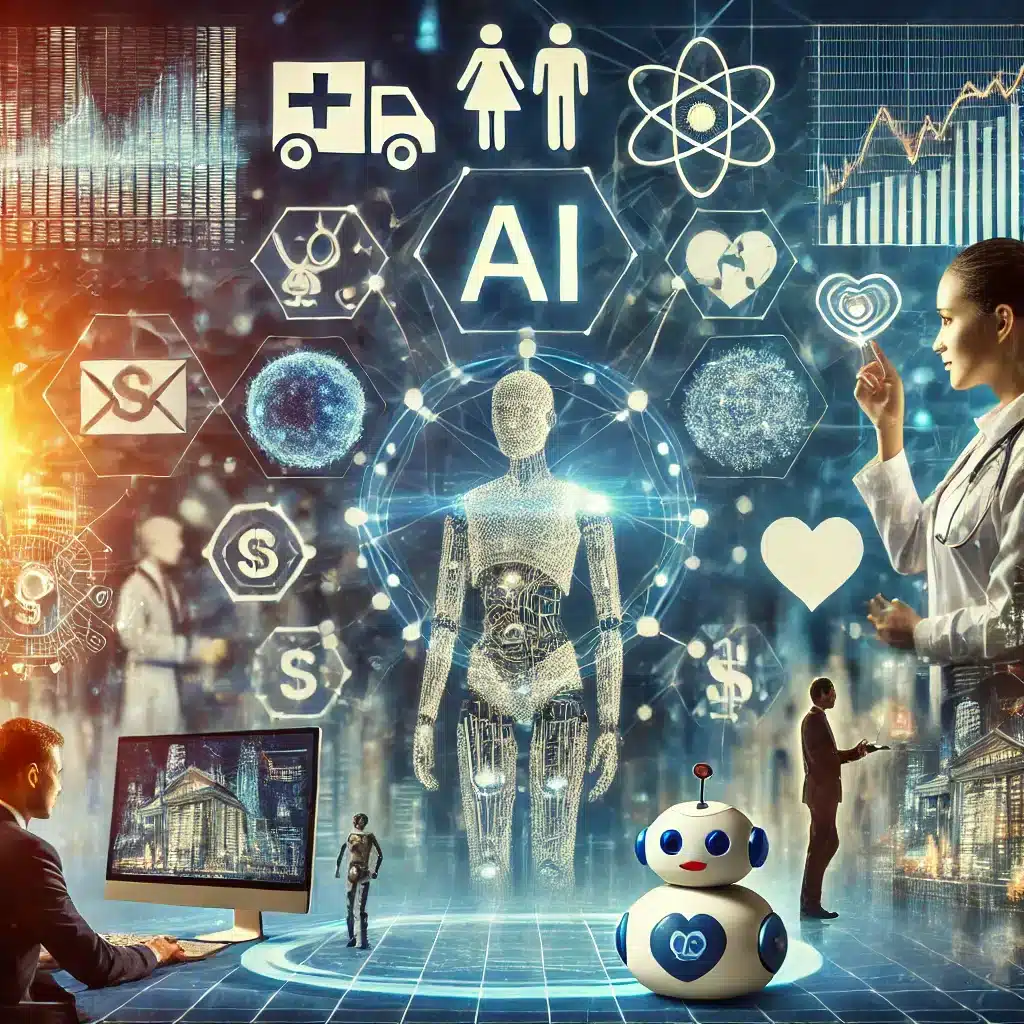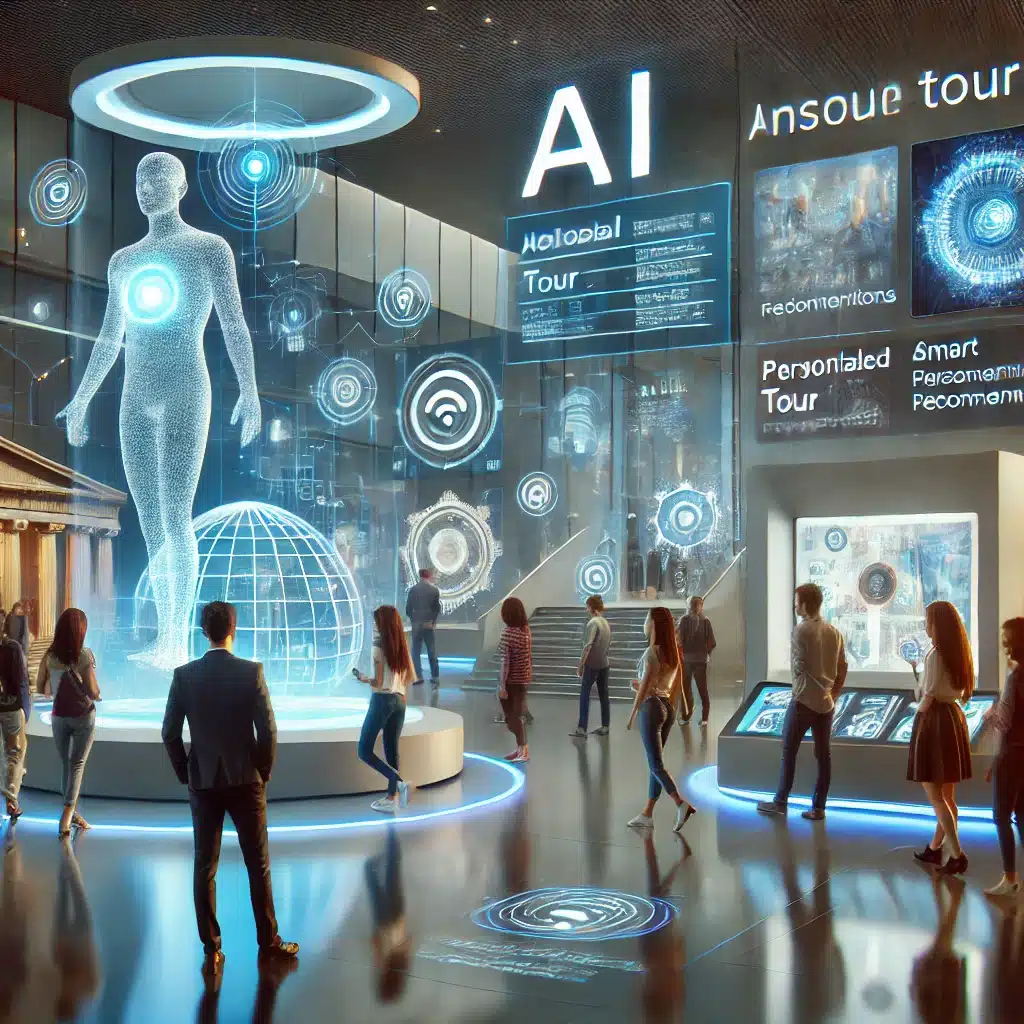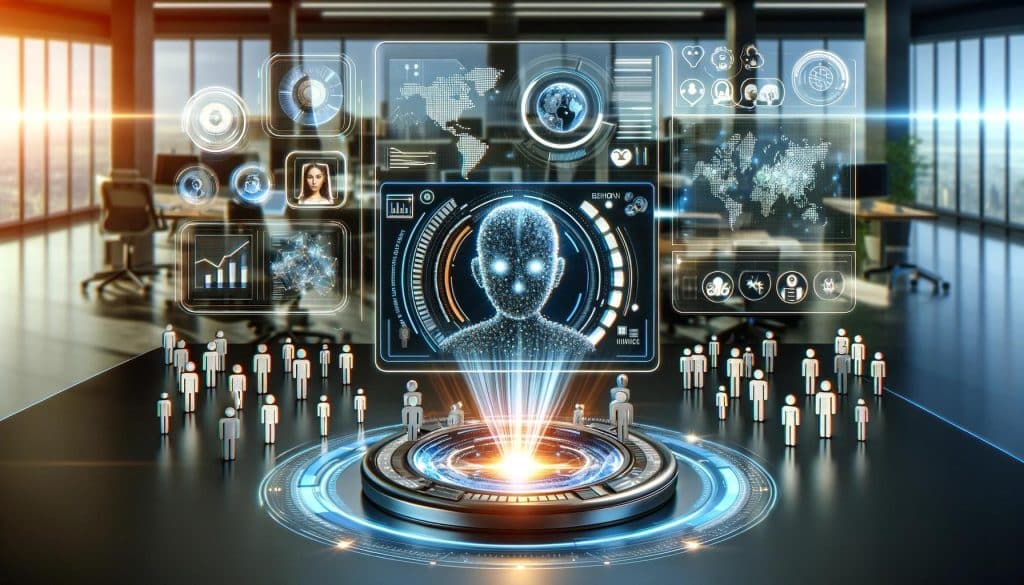The Current Challenges of AI Models
The future of AI is a topic of intense debate and fascination. Currently, AI models face numerous challenges, as revealed by Nvidia CEO Jensen Huang. He highlights a significant barrier: today’s AI doesn’t always provide trustworthy answers. Consequently, trust becomes an issue, especially when AI ‘hallucinates’ or delivers unsatisfactory responses.
Moreover, Huang notes that we’re still “several years away” from achieving reliable AI. Thus, companies must seek more computational power. This need, therefore, underscores why pre-training on vast datasets isn’t enough. While likened to attending college and graduating, merely piling data doesn’t equate to wisdom. Ultimately, just like education, AI requires practical application beyond theoretical knowledge.
Rethinking AI Training Methods
Meanwhile, industry leaders are reconsidering traditional models of AI training. Many believed that expanding datasets would enhance AI’s capabilities. However, as discussed in an insightful article, this strategy may hit a wall. Consequently, leaders like Aidan Gomez propose focusing on smaller, more efficient models.
Interestingly, this shift indicates a larger industry trend toward cost-effective solutions. Nonetheless, concerns persist over whether these smaller models can achieve artificial general intelligence. Furthermore, ensuring models remain effective and open to improvement remains a priority. Notably, AI continues to evolve, promising many innovative possibilities.
The Future of AI: Balancing Scale and Efficiency
Looking forward, the future of AI involves finding the right balance between scaling and efficiency. Companies like OpenAI aim to enhance existing models, sometimes contrasting traditional methods. For instance, the recent o1 model represents progress, designed to better handle quantitative queries. As a result, these advancements promise more nuanced and accurate responses.
Additionally, experts propose new training approaches, such as translating questions into code. This method aims to reduce hallucinations in AI responses, addressing a key concern. Consequently, the industry takes strides to refine AI models, ensuring they can meet future demands.
The Role of Computational Power and Evolution
Finally, computational power remains crucial to AI’s evolution. Nvidia’s Jensen Huang emphasizes the need to “keep increasing our computation.” Therefore, as AI models grow more sophisticated, the infrastructure supporting them must also advance.
In conclusion, AI’s journey involves navigating current limitations while embracing new paradigms. As we move beyond traditional models, innovation will drive AI into an inspiring future, reshaping industries and touching lives worldwide.



